Videos
Learn from leading experts and hear personal stories from others that have been there.
Visit our YouTube channel to see all our videos. While you’re there, subscribe to be notified when new videos are added.
BeACTive: Empowering workouts for people with breast cancer
This new, 3-week exercise series features 9 workouts of about 20 minutes each and is designed especially for people who are going through or recovering from treatment, preparing for surgeries, or regaining mobility after surgery. See the full playlist.

Nancy’s story: Healing through movement amid breast cancer challenges
02/16/24
Nancy, a dance and movement psychotherapist, thrives through movement, navigating difficult emotions in the face of a metastatic breast cancer diagnosis. Though breast cancer impacts her endurance and stamina, especially after developing lymphedema, Nancy remains committed to moving her body for expression and fitness. Meet all of the women in our BeACTive series.
Nadiyah’s story: Moving beyond lymphedema
02/16/24
Facing a breast cancer diagnosis at 29, Nadiyah discovered new ways to exercise and thrive. Learn how she is becoming more active and incorporating fitness into her life while she navigates lymphedema and sciatica. Meet all of the women in our BeACTive series.
Sex, intimacy, and breast cancer: Shonté's story
02/14/22
Shonté was diagnosed with metastatic breast cancer in 2015 at the age of 31. When she experienced significant impacts to her sexual health after hormone therapy, she identified a deep failing in health care professionals’ communication with their patients. See other stories in this video series.
Sex, intimacy, and breast cancer: Priscila's story
02/14/22
Priscila was diagnosed with early-stage breast cancer in 2011. She speaks about the changes in body image and sexuality she experienced after her mastectomy, and how she has navigated a newfound pleasure in intimacy. See other stories in this video series.
Ask the experts: Managing symptoms and side effects
05/14/18
Side effect management is crucial to living well with metastatic breast cancer. In this hour-long Q & A, conference attendees asked questions of our expert panel to help get the information and tools needed to effectively manage the physical and emotional impact of metastatic breast cancer and its treatments. Panelists include Don S. Dizon, MD; Pamela Ginsberg, PhD; and Heather Wright, ND, FABNO.
Sex, intimacy, and breast cancer: Anna's story
08/04/22
A breast cancer diagnosis can affect your sexuality in many ways. In this video series, young women offer candid insights about dating, body image, libido, intimate relationships, communication with health care providers, remedies, and more. This is Anna’s story.
Living with metastatic breast cancer: Managing symptoms and side effects
06/17/22
Managing the side effects of your treatment is crucial to living well with metastatic breast cancer. In this recording, individuals impacted by MBC ask questions of our expert panel, Don S. Dizon, MD, FACP, FASCO and Evelyn Robles-Rodriguez, DNP, APN, AOCN, to get information and tools needed to effectively communicate with a health care team about quality of life and the physical impact of metastatic breast cancer and its treatments.
Running on empty: Fed up with fatigue
08/22/18
Cancer-related fatigue can take a toll on every aspect of your life – your mind, body and lifestyle. Seeing friends and family do the things you enjoy in life or in social media posts can make living with fatigue even more distressing because you may feel left out or isolated. Unlike day-to-day exhaustion, cancer-related fatigue impacts more than just your ability to get out of bed in the morning.
During this program presented by our Young Women’s Initiative, our expert, Lillie D. Shockney, RN, BS, MAS, ONN-CG, a nationally- recognized oncology nurse, will discuss practical and medical methods to ease cancer-related fatigue. Ms. Shockney will also offer tools to cope with the social and emotional impacts of living with less energy than before.
Preparing for breast cancer radiation therapy on the left side
03/30/21
Radiation therapy is an important part of treatment for many people diagnosed with early-stage breast cancer. High-energy beams are used to destroy cancer cells that were not removed during surgery and to lower the risk of cancer returning to the breast. But the chest is home to other vital organs, including the heart, which can sit very close to the chest wall in many people. Delivering effective radiation treatment while protecting the heart from the effects of radiation is one of the highest priorities for your healthcare team.
Living Beyond Breast Cancer CEO Jean A. Sachs, MSS, MLSP, spoke with radiation oncologist Karen Winkfield, MD, PhD, about the importance of protecting the heart during radiation therapy, and the technology and techniques that have been developed to make radiation therapy safe.
Scalp cooling & breast cancer treatment: What providers need to know
04/08/22
Scalp cooling for hair preservation during chemotherapy treatment is growing in popularity and can improve your breast cancer patients’ body image and overall quality of life. During this webinar, Elahe Salehi, DNP, ANP-BC of Dana-Farber Cancer Institute, shares her expertise in scalp cooling.
Bone mets with Kristen D. Whitaker, MD, MS
04/07/22
The bones are a common place for breast cancer cells to spread in metastatic disease. This video offers the latest updates on treating bone mets, including methods to manage bone pain and lessen the chances of fractures and compression. Address side effects of treatment using our speaker’s tips.
- 1
- 2
